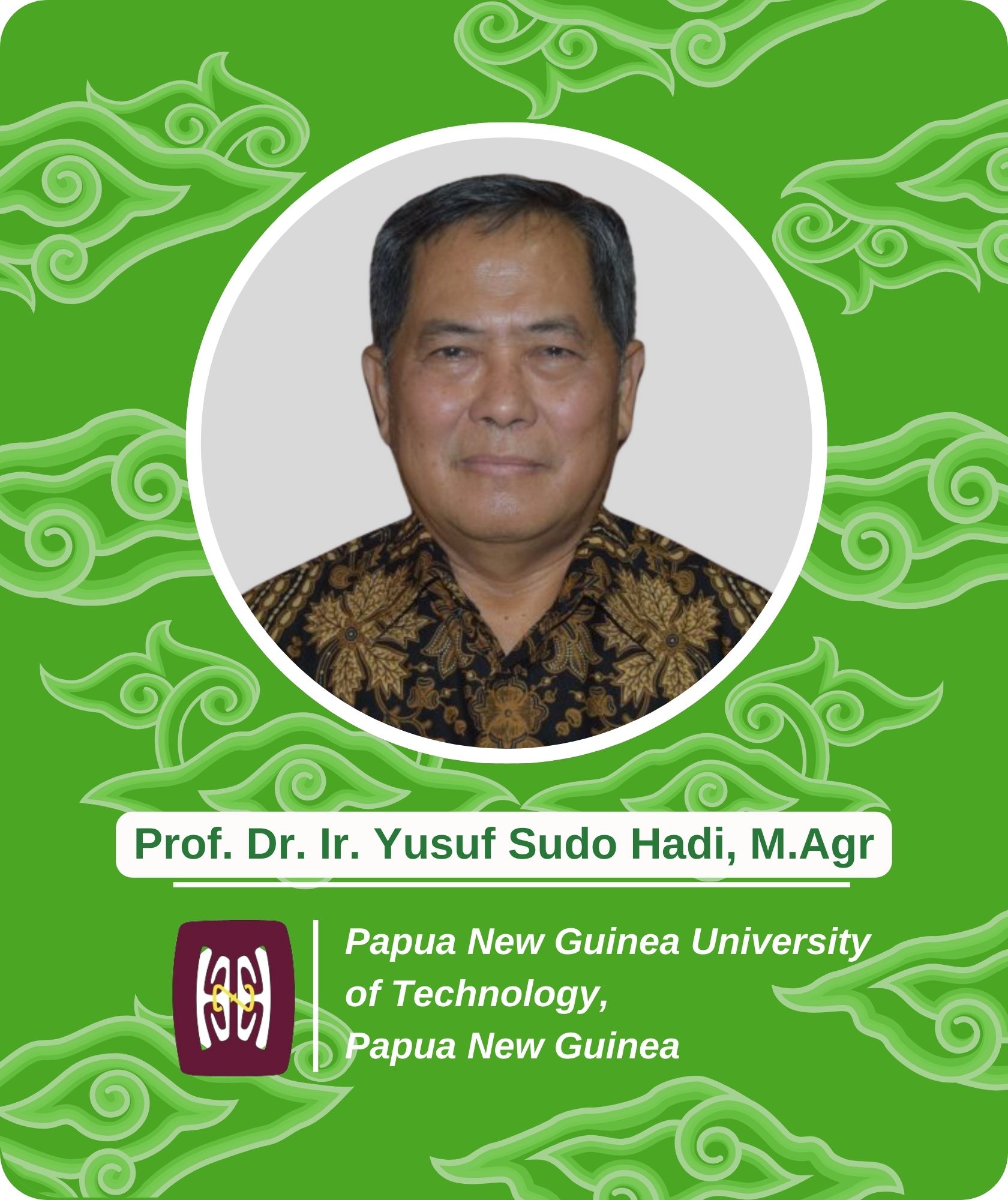Papaya Extract as a Prebiotic Strengthens the Inhibitory Activity of Lactobacillus Against the Growth of Pathogenic Bacteria
This title has been presented on Thursday, December 14, 2023 at 11.25-11.35 GMT+7.
Abstract
This title has been presented on Thursday, December 14, 2023 at 11.25-11.35 GMT+7.
The flesh, leaves, and seeds of papaya contain carbohydrates and dietary fiber that can be metabolized by intestinal microbiota such as L. casei and L. plantarum to produce beneficial secondary metabolites for body health. The effect of papaya flesh, leaf, and seed extracts on the growth of L. casei and L. plantarum and the synbiotic effect of papaya flesh extract with L. plantarum on the growth of P. aeruginosa, S. aureus, and E. coli, were investigated in this study. Diffusion of paper discs impregnated with various concentrations of the extract was used to determine the bacterial growth zone of L. casei, and solid media to calculate the total bacterial population in co-feeding L. plantarum and P. aeruginosa or with S. aureus and E. coli in the present of papaya flesh extract to determine its synbiotic effect. The three extracts increase the growth of L. casei and L. plantarum bacteria. Papaya flesh extract suppresses the growth of P. aeruginosa, S. aureus, and E. coli in a concentration-dependent manner. It is concluded that papaya is a promising prebiotic source, and synbiotic of papaya flesh extract, potentially strengthening the inhibitory effect of L. plantarum on the growth of pathogenic bacteria
Keywords: Synbiotic, Papaya, Lactobacillus, Pseudomonas, E. coli




















